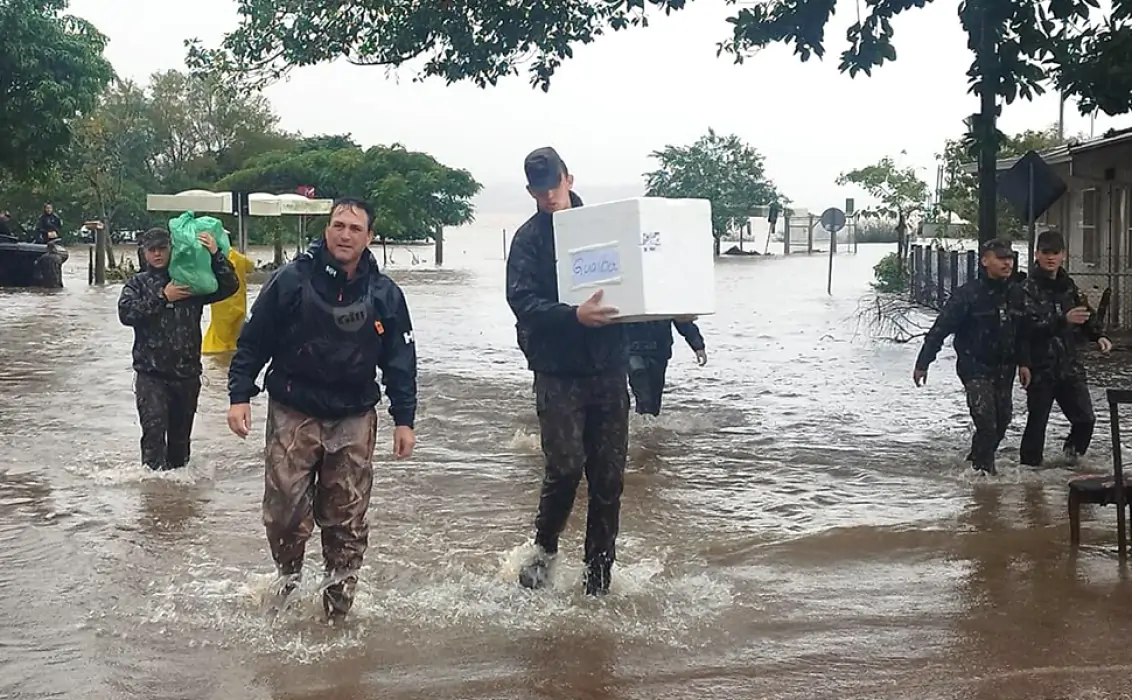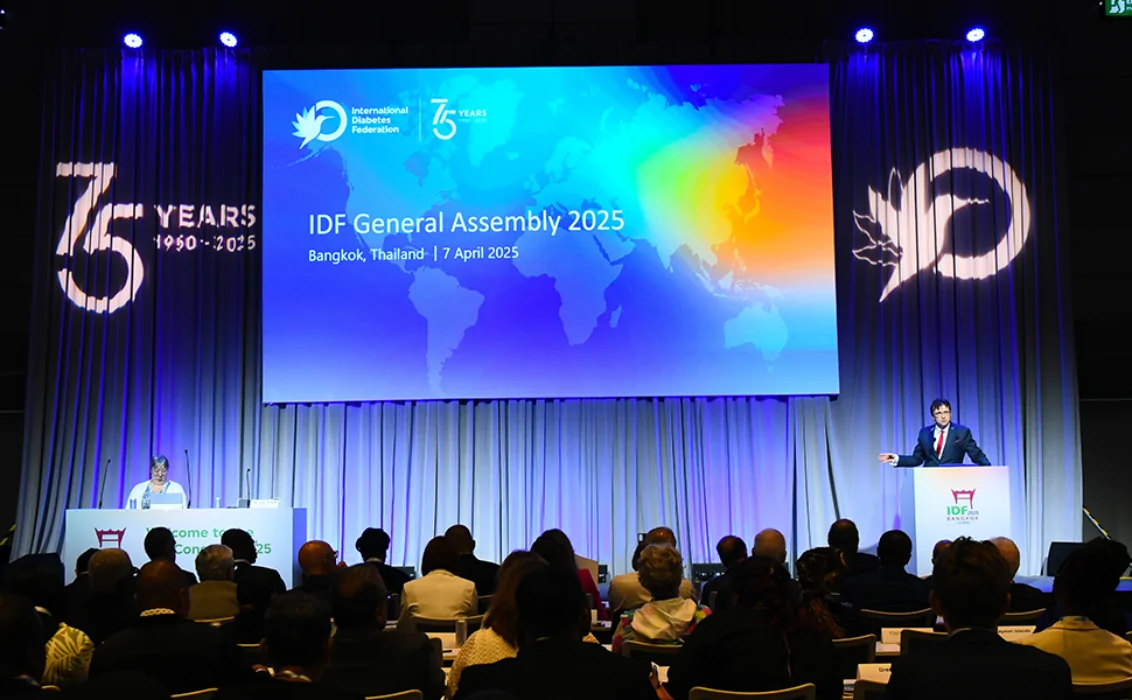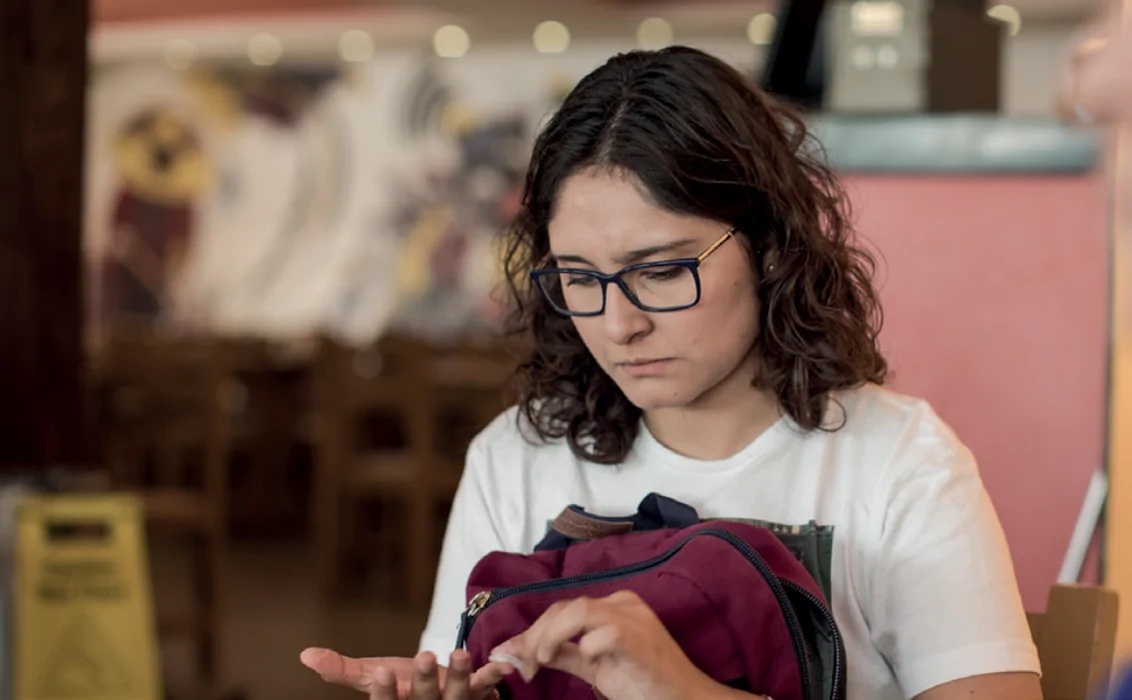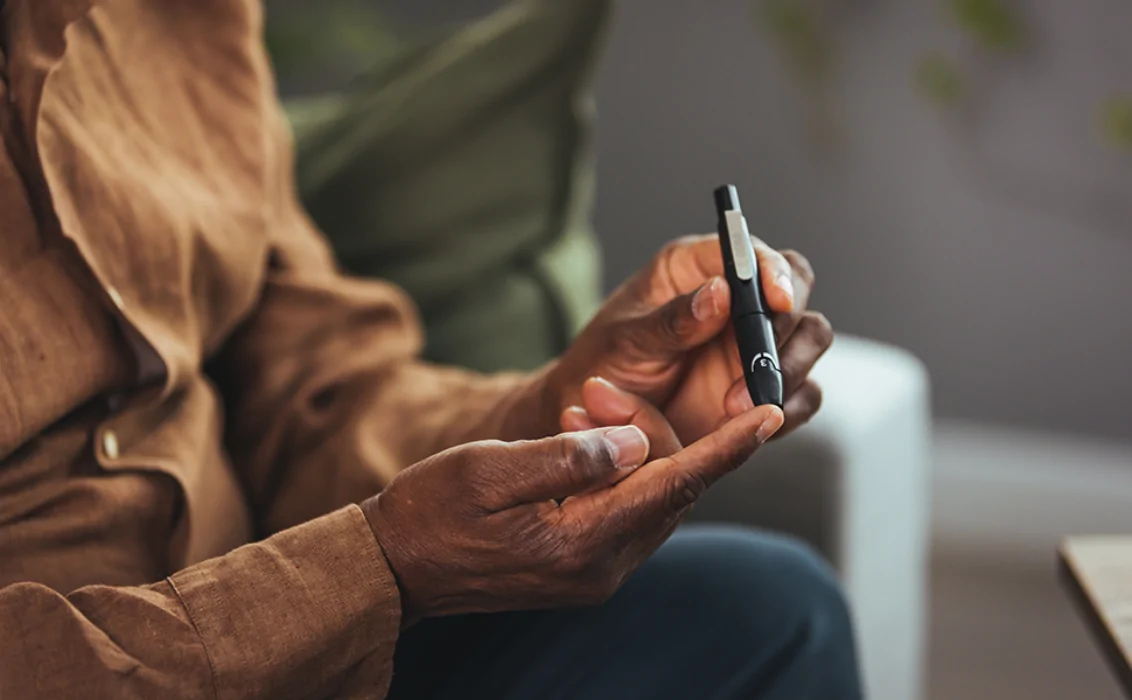Earlier this month, the Brazilian state of Rio Grande do Sul endured an unprecedented climate disaster caused by intense rains and flooding, leading the State Government to declare it the ‘largest climate catastrophe in Rio Grande do Sul.’ In a coordinated response, International Diabetes Federation (IDF) member Instituto da Criança com Diabetes (Institute for Children with Diabetes, ICD), mobilised the diabetes community in Brazil to provide crucial support to people with diabetes affected by the disaster.
With intense rains flooding the state since 24 April, Lake Guaíba, the second-largest hydroelectric power plant in the world, received nearly half the reservoir of the Itaipu dam within a week. The scale of the disaster affected 464 out of 497 municipalities, displacing over 581,000 residents and claiming the lives of 161 people.
In response, ICD organised a major logistics operation in Canoas, a city near the state capital, to receive and manage donations. A basic pharmacy to distribute supplies and a refrigerated trailer for storing insulin at 5°C were set up. The ICD team also worked to expand storage capacity, validate and supplies catalogue supplies, and dispatch them to the most critically affected regions.
Groups in remote areas joined forces with ICD to ensure a comprehensive response. Additionally, local entrepreneurs, municipalities, government armed forces and the State Health Department bolstered ICD efforts by providing transport for supplies to reach communities impacted by the flooding and infrastructural damage. The relief response included providing access to medical care, prescriptions, dose adjustments and essential supplies for 4,900 people with diabetes and others affected by diabetes.
With the disaster leaving thousands of people without essential diabetes supplies, ICD distributed 115,000 supplies to entities, shelters, healthcare professionals, and people with diabetes. These efforts, which will continue in the coming months, have made a significant difference in the lives of those affected, enabling them to manage their condition amidst the crisis.



